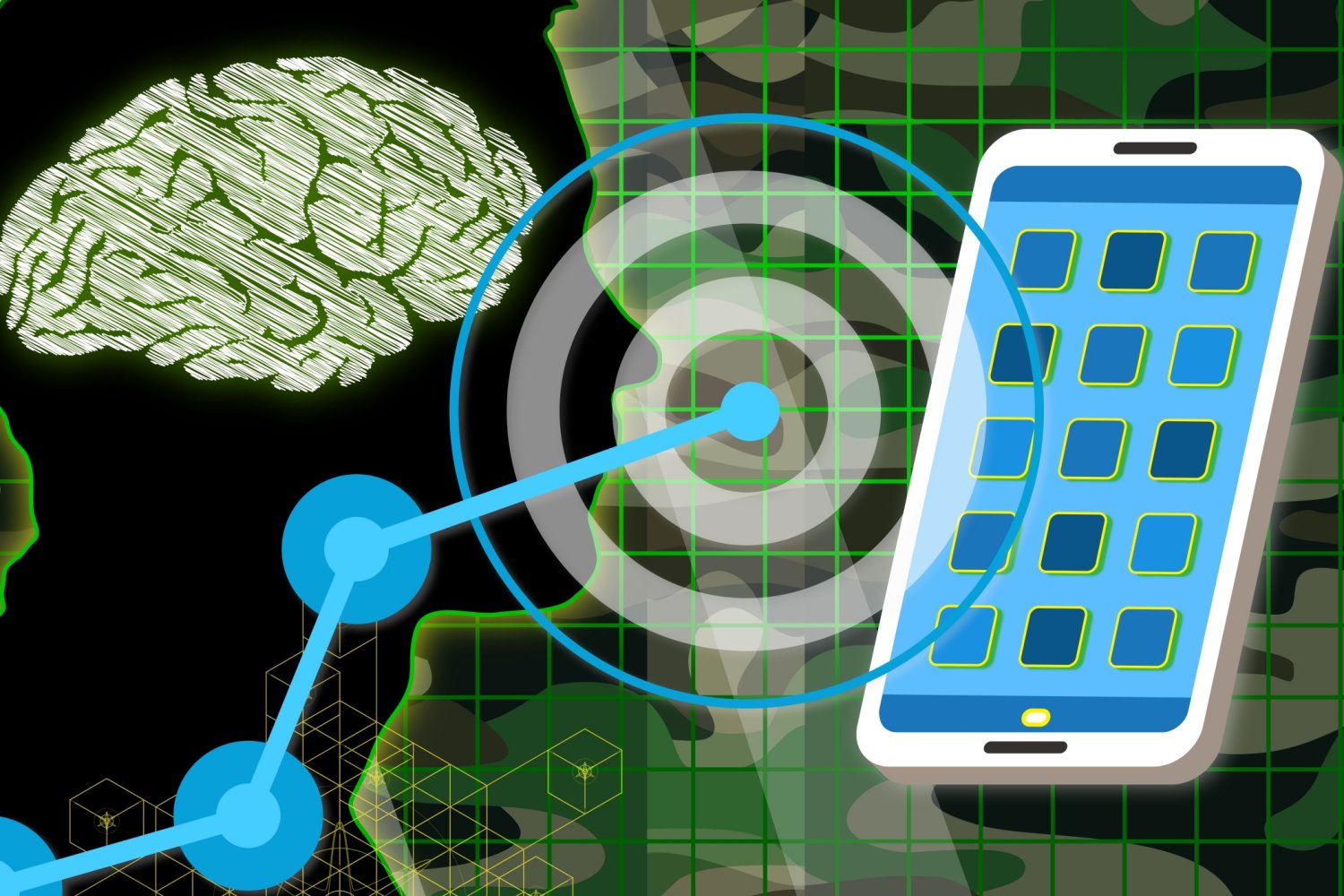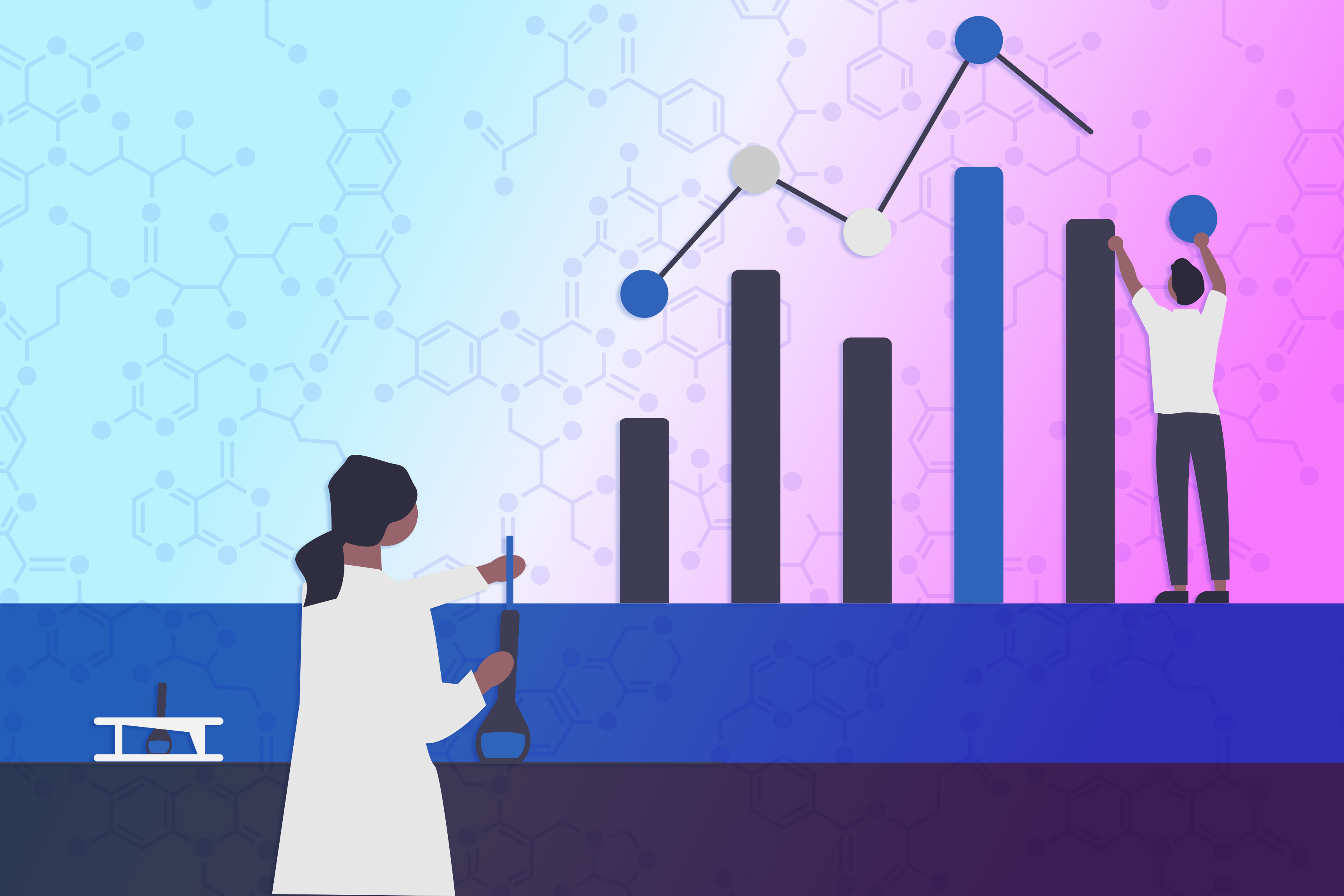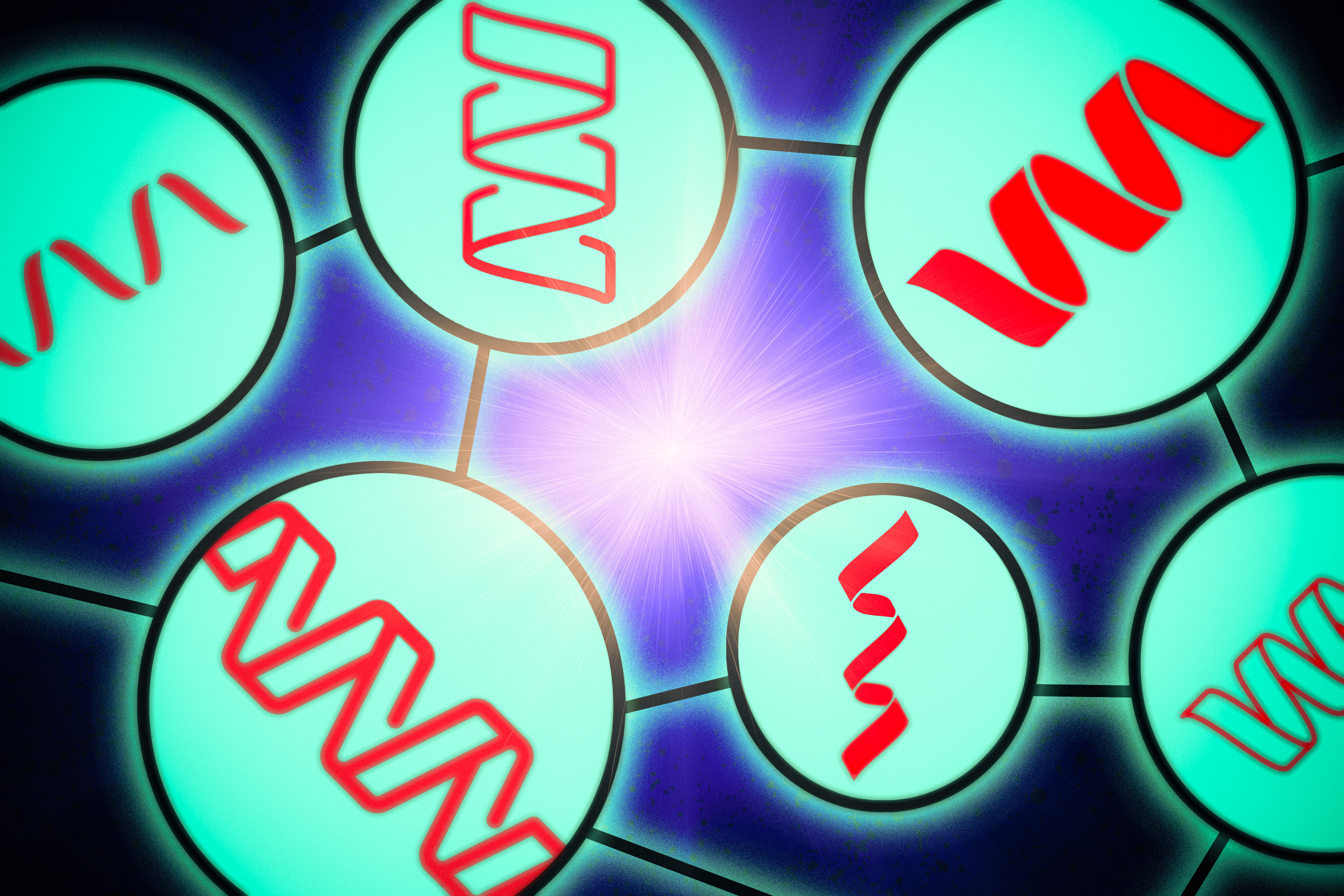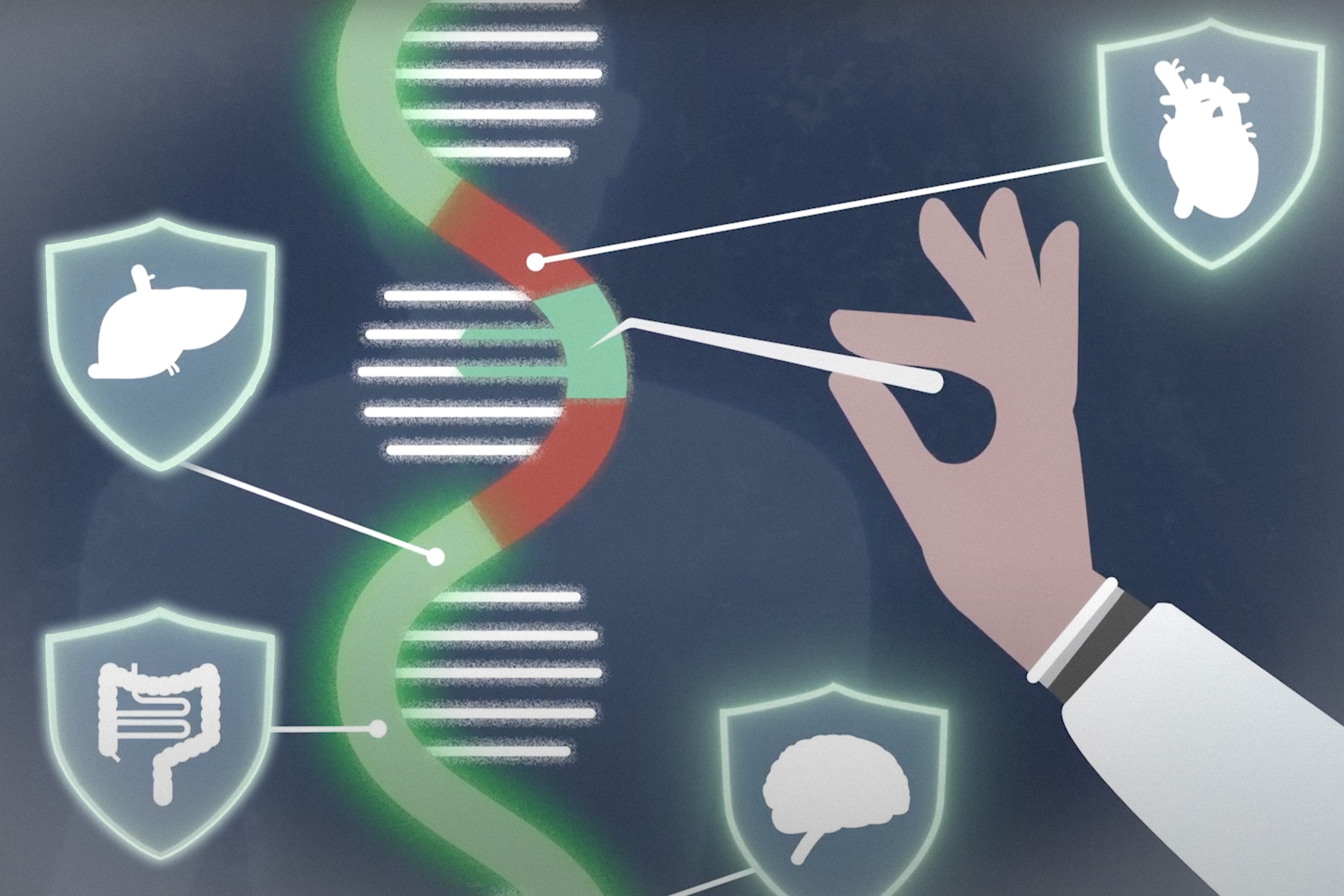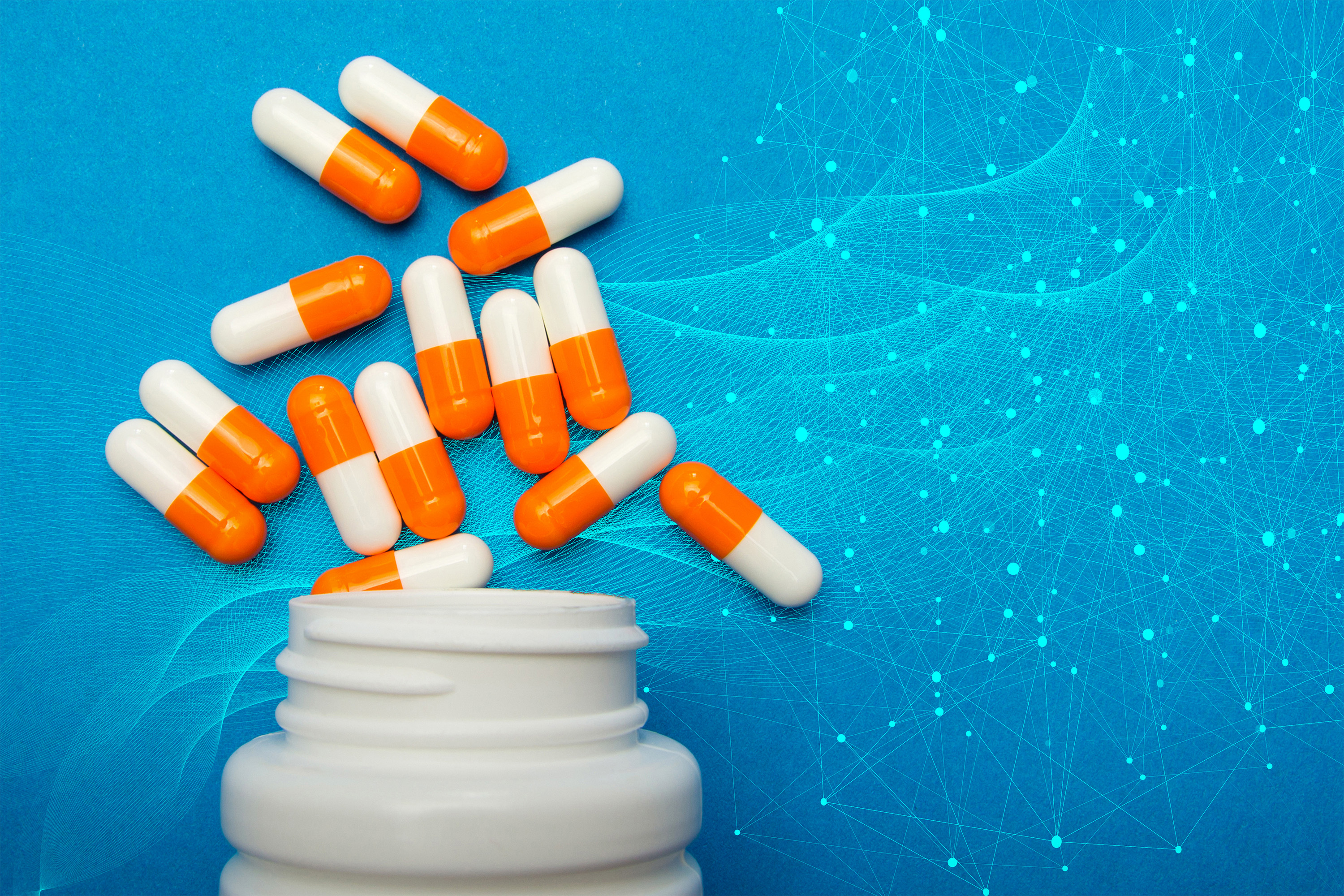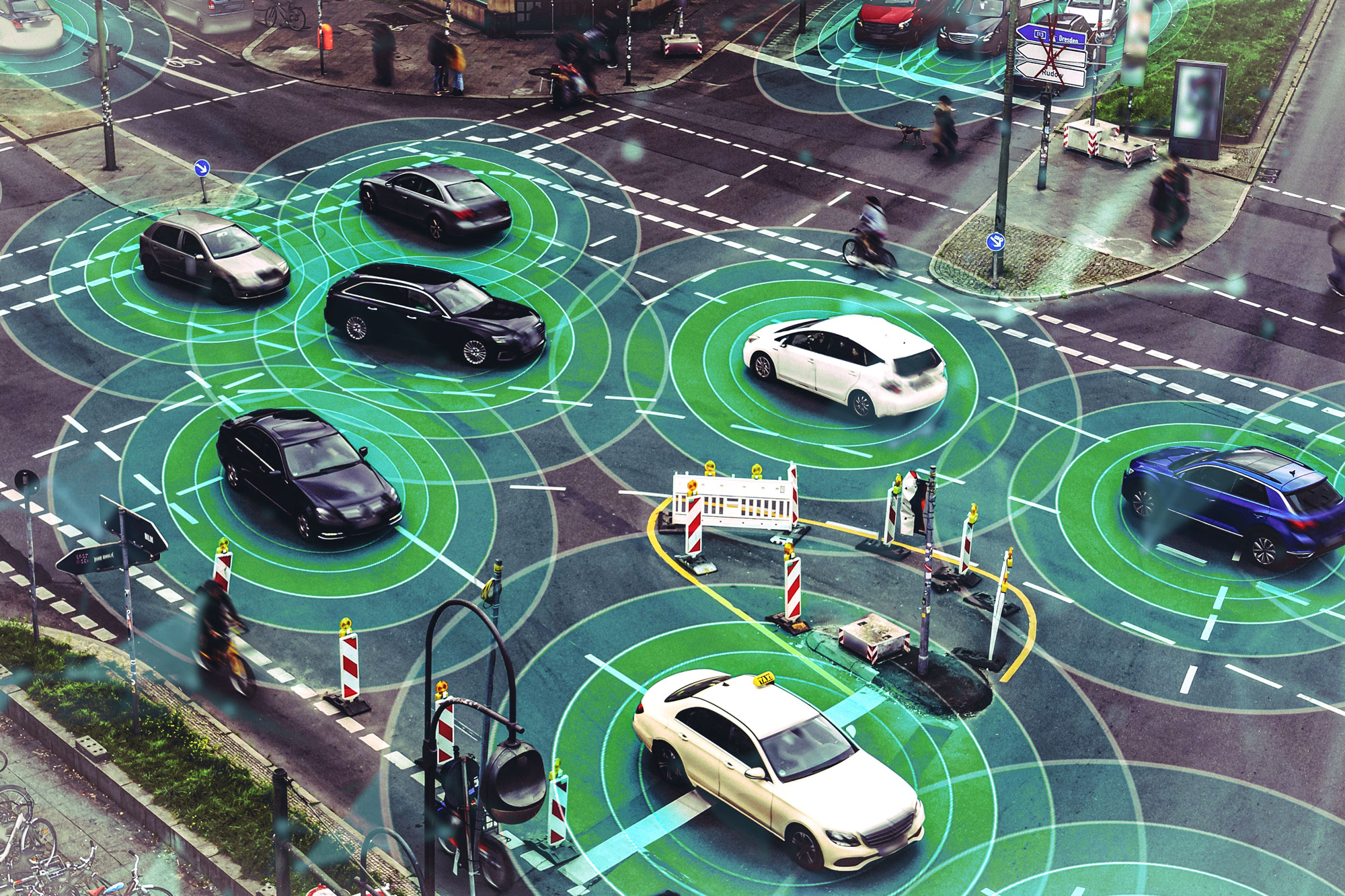Top 10 AI News
Latest AI News Headlines
Nvidia’s AI chip sales surge again in latest quarter, but worries about a tech bubble persist
Nvidia’s sales of its artificial intelligence chipsets grew slower than analysts expected in the latest quarter, a result that has fueled concern that the AI boom could be over-hyped. Despite record revenues, the slowdown raised questions about whether the tech frenzy is sustainable【AP】.
Book authors settle copyright lawsuit with AI company Anthropic
A group of book authors have reached a settlement with AI startup Anthropic over allegations that the company used excerpts of their books without permission to train its AI models. The authors’ lawsuit claimed unfair usage, but both sides agreed to resolve the dispute out of court【AP】.
Melania Trump invites K-12 students to participate in nationwide AI challenge contest
Former First Lady Melania Trump unveiled a new educational initiative calling on students in grades K-12 to engage with artificial intelligence through a national contest. The contest encourages young people to learn AI concepts and create innovative AI-powered projects【AP】.
Study says AI chatbots need to fix suicide response, as family sues over ChatGPT role in boy’s death
New research highlights alarming gaps in how AI chatbots respond to queries about suicide. The issue gained urgency as a bereaved family sued OpenAI, alleging that ChatGPT gave dangerously misleading advice before their teenager took his own life. Experts say improvements are urgently needed to make chatbots safer【AP】.
Elon Musk accuses Apple and OpenAI of stifling AI competition in antitrust lawsuit
Tesla CEO Elon Musk filed an antitrust lawsuit claiming that Apple and OpenAI have conspired to limit competition in artificial intelligence. Musk alleges Apple gave OpenAI exclusive app privileges on its devices and together they hinder the growth of rival AI platforms, which he argues violates antitrust laws【AP】.
The robot chemists helping scientists in a university chemistry lab
At the University of Liverpool, robots are now performing routine experiments in a chemistry lab under human guidance. These automated systems handle dangerous or repetitive tasks, freeing scientists to focus on analysis and innovation. The project aims to accelerate chemical research by combining human insight with robotic precision【AP】.
New study sheds light on ChatGPT’s alarming interactions with teens
An investigative video by AP highlights how AI chatbots like ChatGPT can sometimes give dangerous or inappropriate advice to teenage users. The report shows real interactions where AI fails to handle sensitive topics about sex, drugs, and self-harm, underscoring experts’ calls for better safeguards in these systems【AP】.
Simpler models can outperform deep learning at climate prediction
Massachusetts Institute of Technology researchers found that for forecasting local weather, traditional climate models often beat complex neural networks. Natural variability in climate data makes it hard for deep learning to improve on simpler methods in some cases. The results suggest combining old and new approaches for better accuracy【MIT】.
New technologies tackle brain health assessment for the military
MIT’s Lincoln Laboratory is developing quick brain health tests that could be used on soldiers in the field. These AI-driven tools use portable devices and smartphone apps to immediately assess cognitive and neurological function after impacts or blasts. The technology could also be adopted in sports or medical clinics for rapid concussion screening【MIT】.
New model predicts how molecules will dissolve in different solvents
MIT scientists have created a machine-learning model that can accurately predict how likely various molecules are to dissolve in different liquids. This tool, called Solubility4All, helps chemists design new drugs and materials by estimating solubility without costly lab experiments. It’s especially useful for finding eco-friendly solvents in drug manufacturing【MIT】.
Researchers glimpse the inner workings of protein language models
A new analysis technique lets scientists peer inside AI models trained on protein sequences. MIT researchers identified which features these “protein language” models rely on to make predictions about molecules. Understanding the model’s logic could improve AI-driven drug and vaccine design by revealing how the AI decides which proteins might work best as therapies【MIT】.
How AI could speed the development of RNA vaccines and other RNA therapies
MIT engineers used an AI model to design new lipid nanoparticles that deliver RNA into cells more effectively. These tiny delivery systems are crucial for vaccines and gene therapies. By optimizing nanoparticle design with AI, researchers can potentially speed up creation of new mRNA treatments for diseases, including rapid-response vaccines【MIT】.
Using generative AI, researchers design compounds that can kill drug-resistant bacteria
An MIT team combined two AI approaches to discover new antibiotic molecules from scratch. One of the AI-designed compounds proved effective against methicillin-resistant Staphylococcus aureus (MRSA) in lab tests. This work demonstrates how generative AI can rapidly create potential new drugs to fight bacteria that no longer respond to existing antibiotics【MIT】.
A new way to test how well AI systems classify text
As AI language models handle more tasks, MIT researchers have developed a tool called LIDs to assess their reliability. LIDs can systematically check if AI correctly classifies text into categories. This method helps identify weaknesses in models’ understanding, which is important as LLMs are increasingly used for things like sorting news, filtering content, or triaging information【MIT】.
MIT gears up to transform manufacturing
MIT has launched a new initiative bringing together experts in engineering, AI, and business to revolutionize how products are made. The Institute for New Manufacturing will explore technologies such as robotics, automation and digital factories to boost efficiency and competitiveness in U.S. and global manufacturing【MIT】.
Eco-driving measures could significantly reduce vehicle emissions
Research from MIT shows that if cars automatically adjust their speed to smooth out traffic flow at intersections (reducing stop-and-go), carbon emissions can drop by 11–22%. These “eco-driving” algorithms coordinate vehicles to avoid idling and sharp braking. Implemented citywide, such systems could substantially cut pollution and energy use from road traffic【MIT】.
Microsoft’s annual cloud revenue hits $75B, profit beats expectations
Microsoft reported that its cloud computing business generated $75.3 billion over the past year, with quarterly earnings exceeding analysts’ forecasts. The strong performance was driven by increased demand for cloud and AI services, reinforcing Microsoft’s position as a leader in the enterprise tech market【Reuters】.
Meta stock surges after Q2 results blow past expectations despite heavy AI spending
Meta announced strong second-quarter earnings driven by growth in its ad business, surprising analysts. Despite high investments in AI and the Metaverse, the stock jumped as revenue and profits topped forecasts. The results suggest Meta’s core social media platforms remain highly profitable even as it funds AI research【Reuters】.
AI kills jobs, Stanford study finds, especially for young people
A major study led by Stanford University concludes that automation by artificial intelligence has been linked to a net loss of jobs in the U.S. economy, contrary to expectations of a job boom. The impact is particularly severe on younger workers. The findings reignite concerns about AI’s rapid adoption and future workforce trends【Forbes】.
Nvidia Jetson AGX Thor dev kit raises the robotics bar with Blackwell
Nvidia unveiled the Jetson AGX Thor development kit, bringing the company’s new Blackwell AI architecture to robots and edge devices. The kit delivers unprecedented computing power for robotics, enabling advanced AI tasks (like real-time object recognition) on machines without cloud connectivity. This marks a big step in making data-center-grade AI available on mobile robots【Forbes】.
Nvidia’s Jetson Thor delivers a data center-class AI punch to robotics
Industry analysts highlight that Nvidia’s new Jetson AGX Thor brings data-center level performance to autonomous machines. As robots move into more complex environments, this AI platform can handle tasks like semantic understanding and navigation that were impossible before. The move is seen as strategic in accelerating the robotics industry’s growth【Forbes】.
Women who use AI at work face a predictable ‘competence penalty’
Research shows that women who incorporate AI tools into their work are often judged as less competent than men doing the same. The article discusses this bias, known as a “competence penalty,” and explores workplace strategies to ensure equitable perceptions. Despite equal or better results, women face stereotypes when they appear to rely on AI to accomplish tasks【Forbes】.
“Future Phases” showcases new frontiers in music technology and interactive performance
A live MIT concert titled “Future Phases” demonstrated cutting-edge music tech. The event featured electronic and computer-generated compositions that interacted in real time with performers and visuals. It was part of the International Computer Music Conference 2025, highlighting human-machine collaboration in the arts【MIT】.








